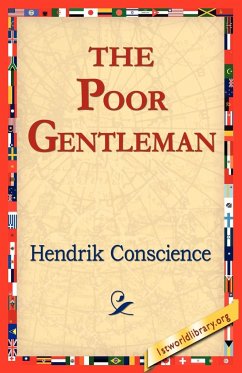The historical adventure book "A Gentleman of France: Being the Memoirs of Gaston de Bonne, Sieur de Marsac" was written by Stanley Weyman. The plot centers on Gaston de Bonne, a nobleman also known as Sieur de Marsac, and his life and exploits. Readers are transported to the politically contentious time of the French Wars of Religion through Weyman's story. The struggles between several aristocratic families competing for influence and power, as well as the factions of the Huguenots (Protestants) and the Catholics, trap Gaston. Readers who dive into Gaston's memoirs see him become caught up in conspiracies, love affairs, and duels. The book examines historical context to explore themes of honor, loyalty, and love. Readers are drawn into the intricate tapestry of Renaissance France by Weyman's writing style, which perfectly evokes the mood and specifics of the time. "A Gentleman of France" exemplifies Weyman's talent for developing vivid characters and conjuring exciting experiences in a historical setting.
Hinweis: Dieser Artikel kann nur an eine deutsche Lieferadresse ausgeliefert werden.
Hinweis: Dieser Artikel kann nur an eine deutsche Lieferadresse ausgeliefert werden.






![Captain Love [microform]: the History of a Most Romantic Event in the Life of an English Gentleman During the Reign of His Majesty George the Fi Captain Love [microform]: the History of a Most Romantic Event in the Life of an English Gentleman During the Reign of His Majesty George the Fi](https://bilder.buecher.de/produkte/66/66155/66155340m.jpg)


